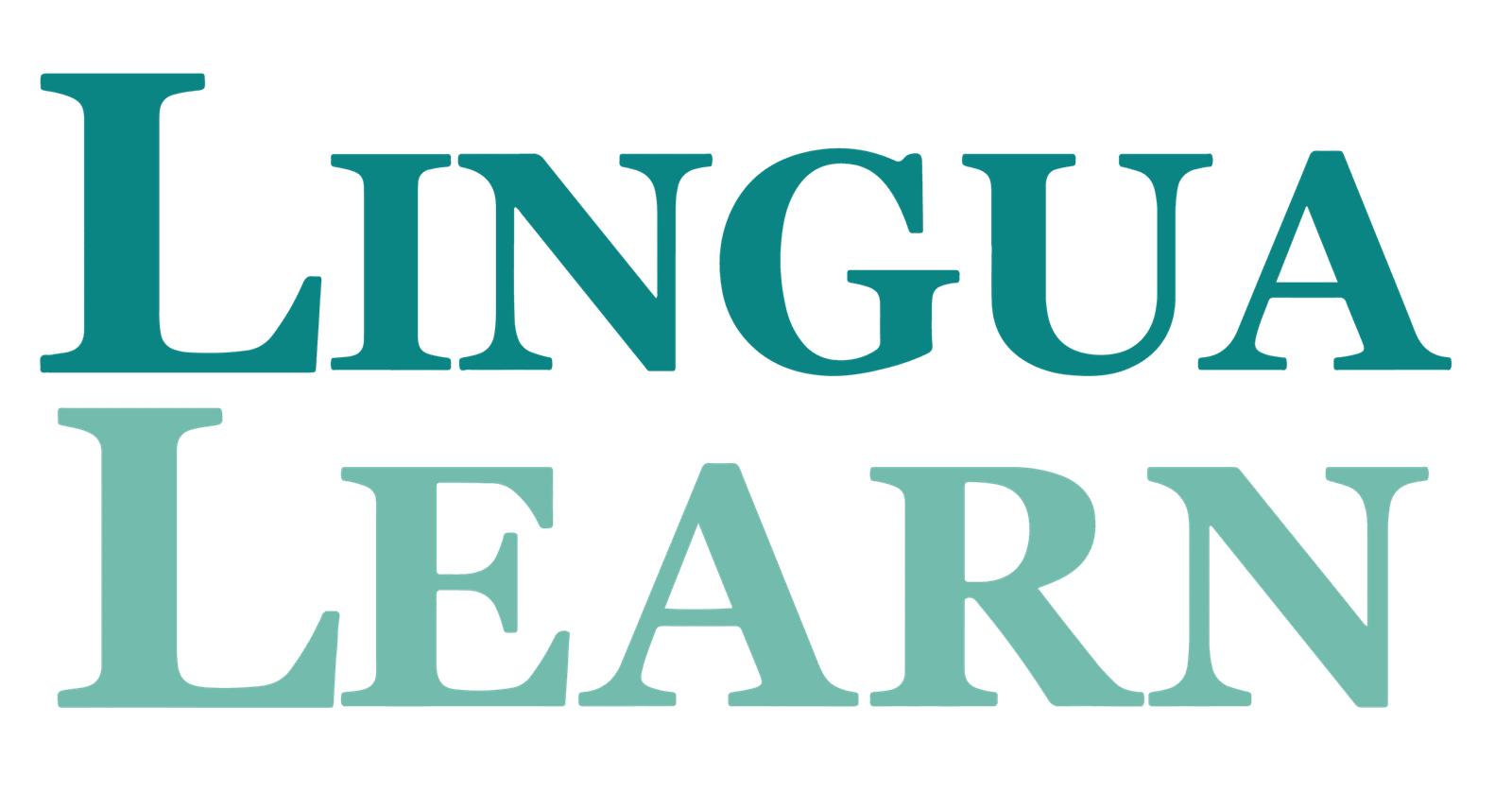Why Public Speaking for Non-Native English Speakers Matters
In today’s global workplace, communication skills are a top priority. Mastering public speaking for non native English professionals helps open doors to promotions, leadership roles, and international collaborations. The ability to present effectively ensures that your audience focuses on your message—not just your accent.
Groups like Toastmasters International prove that public speaking is a skill that can be learned and mastered with practice.
Common Challenges in Public Speaking for Non Native English Speakers
- Pronunciation: Difficulty making speech clear for listeners.
- Pacing: Speaking too quickly or slowly due to nervousness.
- Vocabulary: Limited word choice can interrupt flow.
- Confidence: Stage fright is amplified when using a second language.
- Handling Q&A: Fear of misunderstanding questions on the spot.
Practical Tips to Improve Public Speaking for Non Native English Speakers

tips
1. Improve Pronunciation and Fluency
Clarity comes before accent. Work on your pronunciation and fluency with expert guidance. For example, Lingua Learn’s English Course provides targeted training for professionals who want to present confidently in English.
2. Master Pacing and Pauses
One of the best tips for public speaking for non native English learners is to use pauses wisely. Slow down, emphasize important points, and give your audience time to process your words.
3. Learn from Role Models
Watch non-native speakers on TED Talks. Notice their tone, confidence, and storytelling. It shows that language barriers don’t stop powerful ideas from resonating globally.
4. Organize Your Presentation
Always structure your talk with an introduction, three main points, and a conclusion. This classic framework ensures you’re clear, memorable, and easy to follow.
5. Prepare for Q&A with Confidence
Anticipate possible questions and prepare responses. Use bridging phrases like, “That’s a great question—let me explain further,” to give yourself extra time.
Mindset Shifts for Successful Public Speaking
Public speaking is not about perfection but about connection. Focus on the value you provide, not on perfect grammar. Your audience wants to hear your insights, not count your mistakes.
“The success of your presentation will not be judged by the knowledge you send but by what the listener receives.” – Lilly Walters
Exercises for Non-Native Speakers
- Record a 5-minute talk and review it weekly.
- Shadow native speakers to improve rhythm and intonation.
- Join public speaking clubs like Toastmasters for practice.
- Ask mentors or colleagues for constructive feedback.
Why Soft Skills Training Boosts Public Speaking
Confidence in English presentations often comes with professional training. The Soft Skills and Public Speaking Course at Lingua Learn helps professionals overcome nervousness, improve delivery, and speak with authority.
Final Tips for Lasting Improvement
- Practice regularly in small meetings and presentations.
- Use simple, clear words instead of complex vocabulary.
- Build a feedback routine and track your progress.
- Remember: your accent is part of your identity, not a weakness.
Conclusion
Improving public speaking for non native English professionals is a journey that requires practice, structure, and the right mindset. With proper pacing, pronunciation, and preparation, you can transform anxiety into confidence. Start practicing today and take one step closer to becoming the impactful communicator your career deserves.

